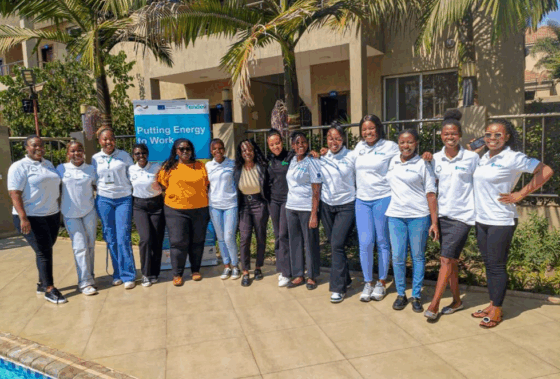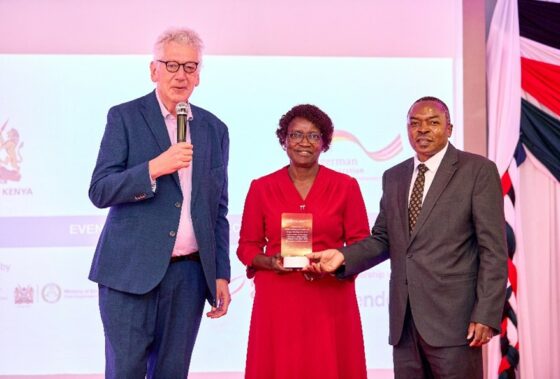Clean Cooking for Climate Action: Lessons-Learned Report Launched at Africa Climate Summit
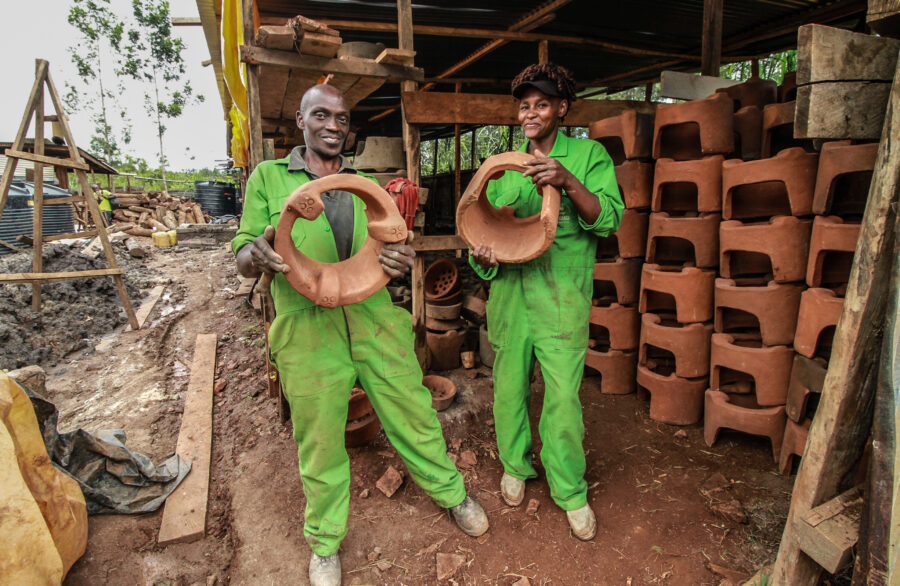
Addis Ababa, Ethiopia – 09 September 2025
At the 2025 Africa Climate Summit, the lessons-learned report of the Promotion of Climate-Friendly Cooking: Kenya and Senegal project was launched. The project compellingly demonstrates how climate-friendly cooking technologies can not only reduce greenhouse gas emissions but also transform markets, stimulate economic growth, and strengthen social inclusion.
Read the full lessons learned report here!
A Paradigm Shift in the Cooking Energy Sector
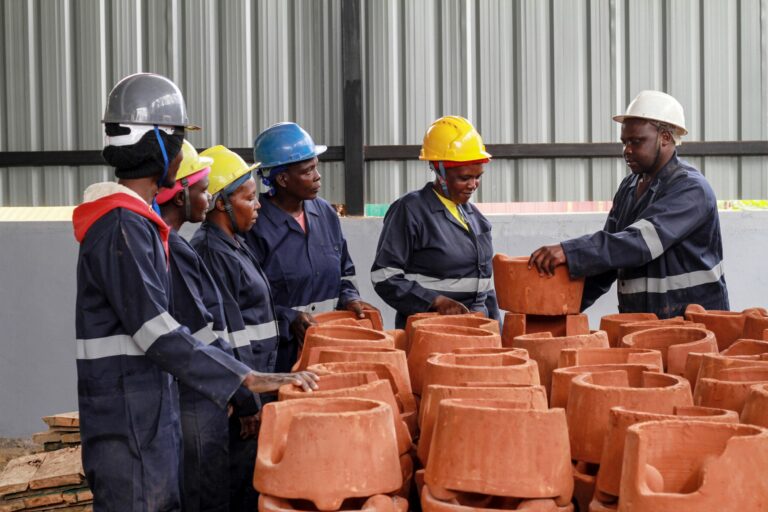
Globally, over 2.1 billion people still cook using traditional biomass sources such as firewood and charcoal—a trend that is particularly increasing in sub-Saharan Africa. The project in Kenya and Senegal shows how the transition to climate-friendly cookstoves contributes not only to climate protection but also supports SDG 7—ensuring access to affordable, reliable, sustainable, and modern energy for all—while generating positive effects for health, the economy, and gender equality.
About the Project
Funded by the Green Climate Fund and the BMZ, the project aims to achieve a market transformation in the cooking sector. Through the Professionalisation Approach—a performance-based support model—cookstove producers professionalised themselves, nationwide demand is generated, and policy frameworks are strengthened. In parallel, robust Monitoring, Reporting, and Verification (MRV) systems are implemented to track outcomes at both project and national levels for NDC reporting.
Impact Figures: Key Achievements at a Glance
These figures demonstrate that the widespread adoption of clean cooking technologies is not only feasible but also measurably effective.
- Nearly 30 cookstove companies have been established in Kenya and Senegal
- Cookstove sales have tripled compared with 2020—well ahead of the project’s completion in 2024

In Kenya, the sale of 2 million climate-friendly stoves by 2030 is expected to result in an additional annual reduction of 3.8 million tonnes of CO₂e—exceeding the NDC target.

In Senegal, 1.1 million climate-friendly stoves are projected to save 0.9 million tonnes of CO₂e annually by 2030, representing 35% of unconditional NDC targets.
A Glimpse into the Lessons Learned
- Professionalising Production: Tailored support strengthens the most capable stove producers into sustainable enterprises.
- Commercial Last-Mile Distribution: Supporting local distribution structures and groups (e.g., women’s or savings groups) expands household access.
- Ensuring Sustainability: Self-driven marketing and sales reduce dependence on external support.
- Robust Monitoring Systems: Digital MRV systems improve efficiency and data quality for NDC reporting.
- Integration into National NDC Systems: Household cooking data strengthen government planning and reporting.
For more details and the other lessons learned read the full report here.
The Way Forward
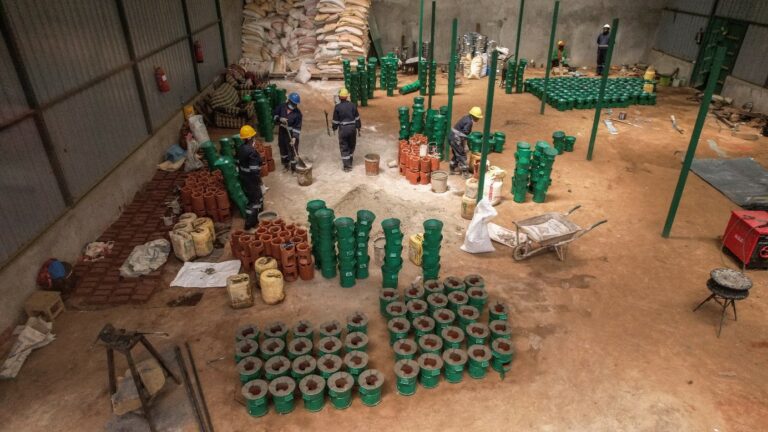
The report shows that the Professionalisation Approach offers a scalable model for other African countries. Success depends on adapting the model to each country’s market maturity while simultaneously strengthening supply, demand, and the enabling environment. Coordination with partner governments in building MRV systems remains essential to integrate household cooking data into national GHG inventories and NDC reporting.
The overarching goal is for cookstove producers to operate independently while governments can meet their national and international climate commitments. Tomorrow, the report will be officially presented at the Africa Climate Summit—a milestone for the African cooking energy sector and an inspiring example of how climate protection, market development, and social impact can go hand in hand
Read more about the project here.
Read more about the Green Climate Fund here.
Read the full lessons learned report here.
